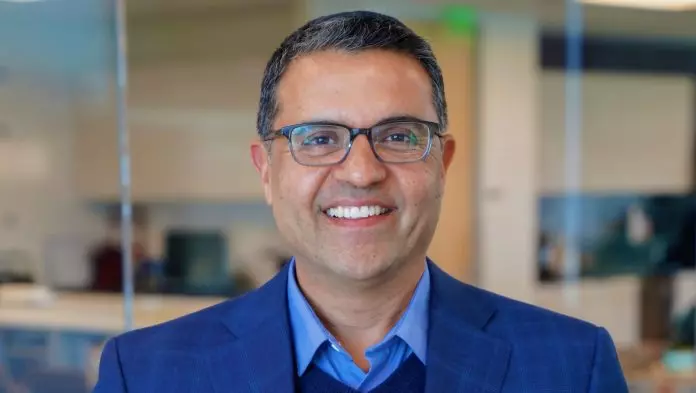It is no secret that the customer experience is one of the biggest modern battlegrounds for business. Despite this, many companies still fail to offer end-to-end streamlined experiences. Ushur was designed to change this.
Simha Sadasiva, the co-founder and CEO of customer experience automation company Ushur, has shaped the past three decades of his career entirely in the world of software development. He started his career in the 1990s working in India as a consultant, at a time when the country’s technology industry was in its nascent stages and contributing to its future as a software technology powerhouse. This experience led to Sadasiva being part of a founding team for a company that would go public in just six years. It provided him with a great wealth of experience in building teams and scaling products, which would come in handy for the creation of Ushur.
The initial spark that led to the founding of Ushur was a trend Sadasiva had noticed gaining momentum. Spurred on by the launch of smartphones, people’s behaviour was shifting towards a preference for short and snappy engagements. People started to prefer sending short text messages back and forth, rather than sitting on a phone call. They also took to platforms like Twitter where they could get bitesize news snippets, instead of reading a longer article on a traditional news platform. Sadasiva coined this phenomenon as ‘Micro- Engagements™’.
He said, “The core thesis of starting Ushur was that the world has evolved, and consumers have evolved in terms of how they want to engage. There’s a business case and opportunity in enabling businesses to engage with consumers through micro-engagements to entire customer journeys. The ‘aha’ moment of this was the fact that we could automate delivery and exchange of that micro- engagement with consumers at scale.”
Another major inspiration for Ushur came during a difficult period for Sadasiva. While acting as the primary caregiver for his mother, there was a lot of friction when working with insurers, financial services and other companies. These engagements often involved needlessly long phone calls, requiring him to relay the same information countless times. He knew these were processes that could be automated, or self-service driven. “A lot of my personal experiences shaped Ushur in terms of who we were trying to serve and what our product and platform was eventually evolving towards.” Sadasiva chose the name Ushur to reflect its mission to ensure people have a simple and streamlined experience with the healthcare, insurance and financial services organisations they rely on.
Solving the problem in the market
The need for improved customer experience is still just as prevalent today as it was in 2014 when Ushur was founded. Many improvements have been made in how businesses interact with consumers, but there is still a lot of work to be done. Sadasiva pointed to the fact that if a flight is cancelled or there is an issue with a delivery, we are at the mercy of call centres. The agents might have better tools to help with issues, but it can still be a long and tiresome engagement to get the desired outcome. “The world has not dramatically changed to becoming as self-service driven as one would like. That’s the massive opportunity that I see in terms of an unmet need of bringing in automation for the self-service approach.”
Not only do manual processes dampen the customer experience, but they also have high costs, are inefficient and impact the ability to scale at speed. Ushur was created to help firms automate their customer experience workflows, boosting both operational efficiency and savings.
It all ties back to the concept of Micro- Engagements™. Sadasiva explained that these are the most atomic pieces of any customer journey, regardless of where they are in that journey. He said, “If you take the customer lifecycle, you can decompose that into these micro- engagements. They can be pre-sale, onboarding, post-sale, and can all be broken down into small, repeatable experiences that can be preconfigured and consumed within a larger environment. Our hypothesis is that for a lifetime of delightful customer experiences, we need to make sure that every micro engagement is automated, solved for, and can be done well.”
Failing to deliver a good experience leaves a significant risk of customer churn. For example, if a customer has a pleasant experience when they need to make a claim, they are much more likely to renew their insurance with the same provider. If it is a poor experience, they are probably going to switch to another provider. Similarly, if there is a poor onboarding experience, there is a chance they will abandon the journey and move to a competitor that offers a streamlined process. “For lifetime value and stickiness, every brand experience you should focus on wherever there is a business case to bring a delightful, automated self-service experience.”
Building Ushur
Building a new company is fraught with challenges and one of the toughest for Ushur’s team was building it on the budget. The first two years of development at Ushur were simply spent on building the product, but it costs capital to be able to do that successfully. Fortunately for the team, they found the support of a group of angel and seed investors to help it get its minimum viable product up and running. Once the team had finished building the minimum viable product, it was picked up by a Fortune 500 insurance company and Ushur was able to start scaling.
However, the biggest challenge the team faced wasn’t finding capital support, it was finding customers. To overcome this, Ushur needed to work tactically and not just attempt to find customers anywhere it could. He said, “For our segmentation of the market, I knew that we were going to go after insurance companies and that was because they were the biggest users of call centres and contact centres. If you look at who spends the most on call centres, in terms of dollar amounts, its financial services, insurance and the banking industry.” Insurance marked the perfect starting spot for Ushur, with a large market opportunity for a revolution in customer experiences. Starting with the insurance sector proved the right decision, as success in the space has allowed the Ushur to expand into new verticals.
What to expect from Ushur
Today, Ushur offers an AI-powered customer experience automation platform that is designed to automate the end-to-end customer journey. Its platform allows companies to implement hyper-personalised, self-serve customer engagement across the customer journey. For example, an insurer could leverage the technology to automate claim forms, policy administration, customer outreach, billing, underwriting and more. The goal of Ushur is to reduce costs, while improving employee engagement and customer satisfaction.
What sets Ushur apart as a provider is its focus on creating real value. Whenever there is a new piece of technology, Sadasiva explained, it often generates a lot of hype and people want to test it out. This is a similar case with what is happening with AI, particularly generative AI. Unfortunately, a lot of the time there is no real business use case for the solution, or it has not been developed enough to the point it can provide real value. Ushur, on the other hand, has taken a different approach to its product. Rather than blindly following hype in the market, the team examines where it can help customers realise value.
One of the ways the platform generates value to clients is through improving the customer experience, which is measured through the net promoter score (NPS). By leveraging these scores, Ushur can assess whether it is really providing value to its clients. For example, Ushur’s automated survey software can help clients improve their NPS by 40% and reduce process time by 32%, on average, highlighting the real value in its technology. The ability to clearly see value, as well as bolster efficiency, means clients can focus on scaling their operations and seek more opportunities for growth.
Sadasiva provided a couple of examples of real-world scenarios where the Ushur platform can be a real differentiator to a client’s operations. The first is adapting to a sudden influx of work during busy seasons. Companies often have periods during the year where their workloads spike, such as a wave of requests for proposals (RFPs) during the group benefits quoting season, and the typical resolution of this is to hire temporary employees to help. As Ushur automates a lot of the back-office workflows, it can simply scale to the increased levels.
The technology can also help firms reduce the existing time it takes to complete a process. Sadasiva highlighted one of Ushur’s insurance customers that was making phone calls to collect claim related information from policyholders. This process typically took around four weeks to complete, but Ushur’s platform can complete these processes in under an hour.
Sadasiva said, “Ushur, is a very broad platform with deep capabilities of front-office, middle-office and back-office capabilities. That’s very unique in the industry. We bring a no-code approach to assembling experience automation. Instead of needing to write software, we allow business users to assemble these modular, you just drag and drop components like Lego pieces to create the solution to any issue that creates friction in the experience.”
Plans for the future
Despite 2023 presenting a challenging economy for many SaaS companies, this was a period of growth for Ushur. The company made a number of notable developments during the year, including the close of its Series C funding round of $50m. The round was led by Third Point Ventures and attracted support from its existing backers, including Iron Pillar, 8VC, Aflac Ventures and Pentland Ventures. This funding burst helped the company double down on its expansion plans, including launching new products and entering new markets. As part of this, Ushur is currently growing its customer base in the EU, US, Canada and APAC region.
On top of this growth, Ushur also formed a number of new partnerships during 2023. One of these is with Guidewire, which offers digital, core, analytics, and machine learning solutions for P&C insurers. The partnership saw Ushur’s technology made available in the Guidewire Marketplace, allowing insurers to improve their customer experience capabilities. Another important partnership secured last year was with Virtusa, a business transformation company. By working together, they aim to bring “unprecedented automation, efficiency, and security to organisations worldwide.”
Ushur is using this momentum to carry it forward in 2024. It has already had a running start into the year having teamed up with Five9, a cloud contact centre solution provider, with the aim of helping businesses to effortlessly integrate Ushur’s renowned CXA capabilities into their own offering.
As for new solutions, the team is currently working on some use cases that will leverage generative AI. Ushur also plans to continue delivering prebuilt digital engagements providing time-to-value in weeks that are right-sized for the specific needs of its healthcare, financial services and insurance customers.
Sadasiva concluded, “Why should a company work with Ushur? Technology is great, but if you talk to any of our customers, they will tell you our people are even better. We have managed to assemble a phenomenal group of people across the whole company, worldwide. No matter where you talk to an employee, the experience is almost the same. We hire great people, and they make our products even better.”


